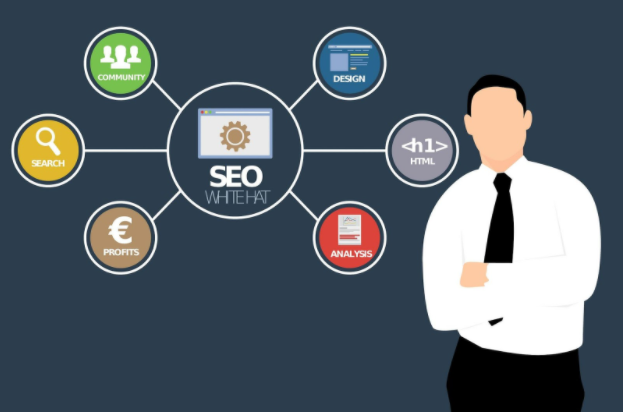Everyone’s aware of the fact that SEO means optimizing your website to rank it on Google’s search results. However, it’s impossible to rank a website that doesn’t fulfil the requirements for being on top. What’s clear is that Google will never compromise on user experience. Whether your website provides all the information that the search query is about, your website won’t rank if it’s not optimized.
Like always, SEO is all about speculation and observation. You always learn through trial and error. Therefore, you must make the most of the examples that you see around you. For example, take a look at various competing sites in Dubai SEO. Next, you’ll have to strategize and execute that strategy to procure results. And we have established that you need to have a good website optimized before you can rank. So, let’s take a look at some of the best ways to optimize your website:
Setting a Good Infrastructure
If you consult web developers, you’ll come to know that there are a lot of phases involved in the process of creating a website. The first and most important is to make sure that your website has a good infrastructure. This means you set up the major categories and page tabs that your website is going to have. Whether it’s going to be a dynamic website with a lot of navigation or perhaps just a one-pager static webpage that serves as a landing page and calls for action, this depends upon the type of search intent you’re catering to.
The search intent of the user refers to the intended purpose of the search performed by the user. Search intents can be either informational or transactional. It can even be for a specific call to action, such as making a user call your business. Each case requires particular infrastructure designs that can show all the necessary information without making the user experience on the website complicated or useless.
Themes and Designs
There’s a lot to do when it comes to the website’s design. All users that visit a website often bounce off usually because of a complicated design. If your website seems to have improper positions for buttons or has fonts and colour schemes that create difficulty for viewing content, it’s going to affect the user experience. Furthermore, having good content will be useless if you don’t place it in a position that’s apparent enough for the users to refer to. Similarly, other qualities related to the design of the website are crucial factors that influence user experience.
Some of the things you can do in this regard are to go for colour schemes that appeal to the relative industry’s aesthetic sense. Moreover, you can also try going for fonts that are easy to read and have sufficient space in between. Although it’s imperative to keep in mind that having too much to scroll through will discourage users from exploring your content. So, the trick is to keep it all interactive, entertaining, easy and convenient. In addition to this, you need to make sure that the content you’re providing offers more than just the information the user is searching for.
Page Speed
The first thing that Google notes when crawling web pages is the speed at which they load. This is also something that becomes a crucial factor influencing user experience. A user doesn’t stay on a webpage that takes long to load. The average speed time for a web page to load completely with images and other relevant content should be a maximum of 3 seconds. It’s even better if you can get this time to come lower. However, if it’s more than the recommended 3 seconds, chances are that your website will have a tremendous bounce rate and consequently, Google won’t consider it valuable enough to rank.
When it comes to making a user navigate your website, you need your pages to load up quickly. It’s evident that a user won’t stay on a website for long and will certainly never navigate to another page if it takes a lot of time to load. This is regardless of whether the content uploaded on it is top-notch and satisfies their need.
Broken Links
It’s normal for websites to have broken and unused links that you need to either redirect or remove. When it comes to making search engines crawl your website, you can’t have broken links showing up in the directory. You must apply redirects and ensure navigation isn’t affected by it. Similarly, this also means that you’ll have to update the robot.txt and sitemap files that help crawlers have an idea of what your website has.
In a nutshell, business neds website optimization is essential as you can’t rank anywhere without having top-notch infrastructure and management. So, hire a reputed digital marketing agency that specializes in SEO. They’ll handle everything for you. Just make sure that you’re hiring the best one.
